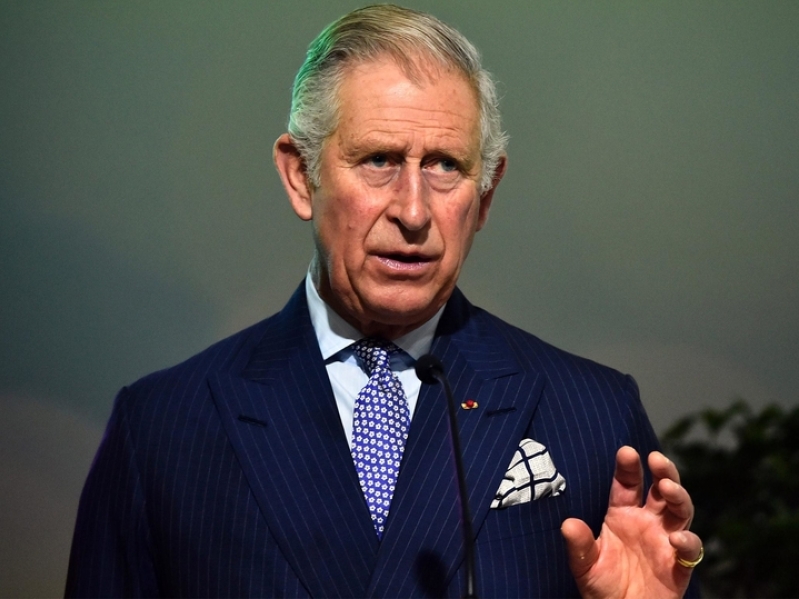
Prince Charles has said he is "heartbroken" over the "pain and suffering" inflicted on Christians in the Middle East because of their faith and pointed out that the Christmas story itself "ends with the Holy Family fleeing for refuge from persecution."
In a speech delivered on Tuesday, The Prince of Wales urged prayers for those "forced to leave their homes in the face of the most brutal persecution on account of their faith" and called on believers in the West to pray and support those facing attacks in the Middle East.
"Indeed, as all of you know only too well, the Christmas story itself ends with the Holy Family fleeing for refuge from persecution; just as in 2017 large numbers of Christians, such as the families that I had the particular pleasure of meeting before this service, are being forced to leave their homes in the face of the most brutal persecution on account of their faith," Charles said in a service at St Barnabas Church, Pimlico.
"Such barbaric persecution is even more perverse and dreadful when as many Christians seem unaware," he continued. "As someone who, throughout my life, has tried, in whatever small way I can, to foster understanding between people of faith, and to build bridges between the great religions of the world, it is heartbreaking beyond words to see just how much pain and suffering is being endured by Christians, in this day and age, simply because of their faith."
While God calls Christians to "love our enemies and to pray for those who persecute," Charles acknowledged it can be "incredibly hard to follow Christ's example" when "confronted with such hatred and oppression."
Referencing his and other Christians' belief that "Christ has come, and that He is present in the world today," Prince Charles urged Christians to pray and "commit to doing what each of us can to help ensure that those who are suffering have a brighter year ahead than the one that has passed."
He concluded: "It is so vitally important, in this season of Advent and throughout the year, that Christians in this country and elsewhere, who enjoy the rights of freedom of worship and freedom of expression, do not take those rights for granted; and that we remember, and do what we can to support, our fellow Christians for whom the denial of such rights has had such profound and painful consequences."
Over the past several years, Charles has used his platform to speak outagainst the ongoing persecution of Christians in Iraq and Syria.
According to a new report from the European-based Aid to the Church in Need, the number of Christians in Syria has dropped to just 500,000 from about 1.5m five years ago, when the Syrian civil war was only just beginning. In Iraq, the exodus of Christians is "so severe that one of the world's oldest churches is on course to all but disappear within three years unless there is dramatic change for the better," according to the report.
In his Christmas message last year year, Prince Charles compared the atrocities committed against Christians and other minorities to the horrors of the Holocaust.
"I was born in 1948, just after the end of World War II in which my parents' generation had fought, and died, in a battle against intolerance, monstrous extremism and an inhuman attempt to exterminate the Jewish population of Europe," the Prince of Wales said in his messag.\e.
"That, nearly 70 years later, we should still be seeing such evil persecution is, to me, beyond all belief. We owe it to those who suffered and died so horribly not to repeat the horrors of the past," he added.
The prince shared how he met with a Jesuit priest from Syria who warned that unless major action is taken, there will be no Christians left in Iraq in five years.
"We are also struggling to capture the immensity of the ripple effect of such persecution," Charles said, citing statistics from the United Nations that show the world's refugees now number close to 65.3 million people, which is close to the entire population of the U.K.
Charles suggested that regardless of one's religion, people should seek to value and respect other people, "accepting their right to live out their peaceful response to the love of God."






